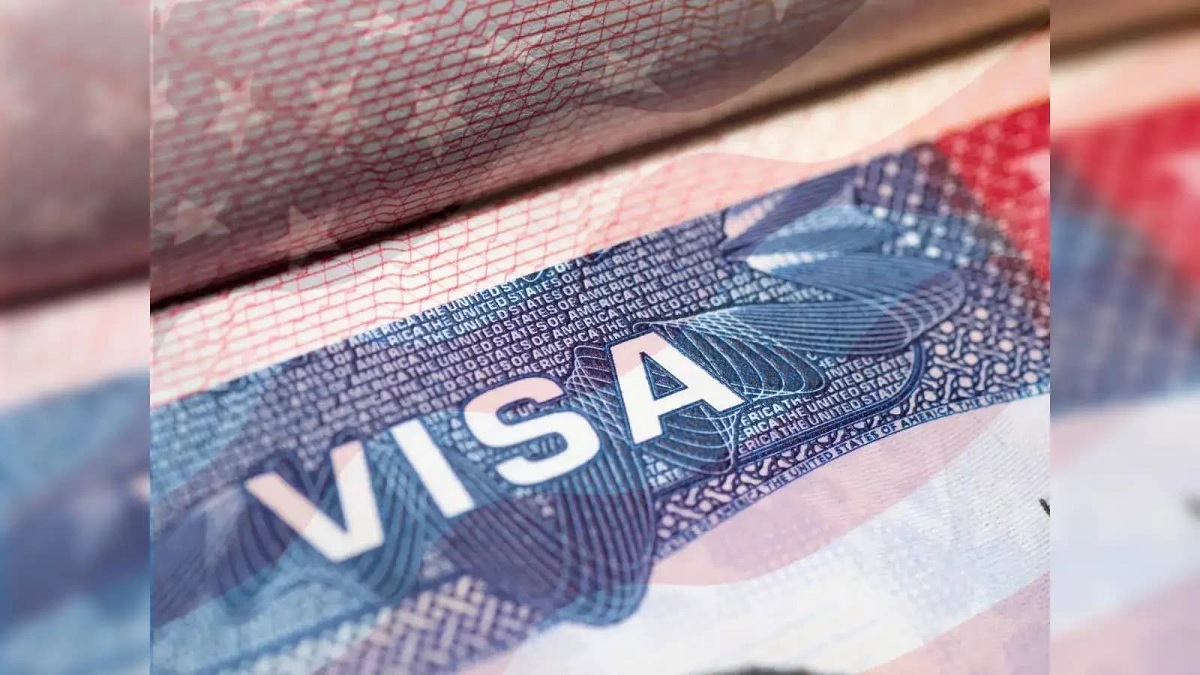US Student Visas Reinstated with Social Media Requirement 2025
The U.S. State Department has resumed issuing F-, M-, and J-category student visas, but with a new condition: all applicants must publicly share their social media profiles for visa processing. This announcement comes after a pause in visa appointments in May, initiated by Secretary of State Marco Rubio, who proposed an enhanced social media screening process to strengthen national security vetting
Under the updated policy, aspiring international students must set their social media accounts—be it Facebook, Instagram, Twitter/X, LinkedIn, or others—to public view during their application. Consular officers will review these profiles for any content deemed hostile toward the U.S., including negative posts about American institutions, government, or values. Applicants who resist the requirement risk visa denial
Must Read: Trump Administration Halts New Student Visa Appointments Amid Social Media Vetting Push
This move impacts students worldwide, including Pakistanis. It arrives amidst broader U.S. diplomatic tensions, with prior incidents including mass visa cancellations and enrollment halts at top universities over political activities. Harvard, for example, briefly faced restrictions on foreign enrollment after campus protests in late 2023
Pakistan is also under scrutiny. Inclusion on a U.S. review list has stirred concerns, but the State Department has clarified the policy applies globally, not specifically targeting any one country Nonetheless, thousands of visas—including those held by Pakistani students—were recently revoked due to stricter screening, sometimes for minor infractions or perceived political expressions.
Pakistani Students Can Apply for US Visas Again with New Conditions
For Pakistani students hoping to study in the U.S., the key takeaway is to ensure social media visibility, comply with new guidelines, and stay informed through their university’s international office. This policy marks a major shift in visa vetting, balancing national security with concerns regarding privacy and free expression.




